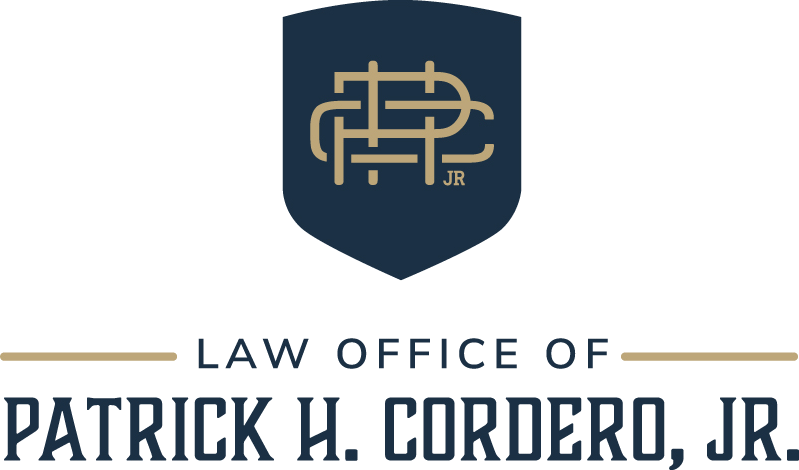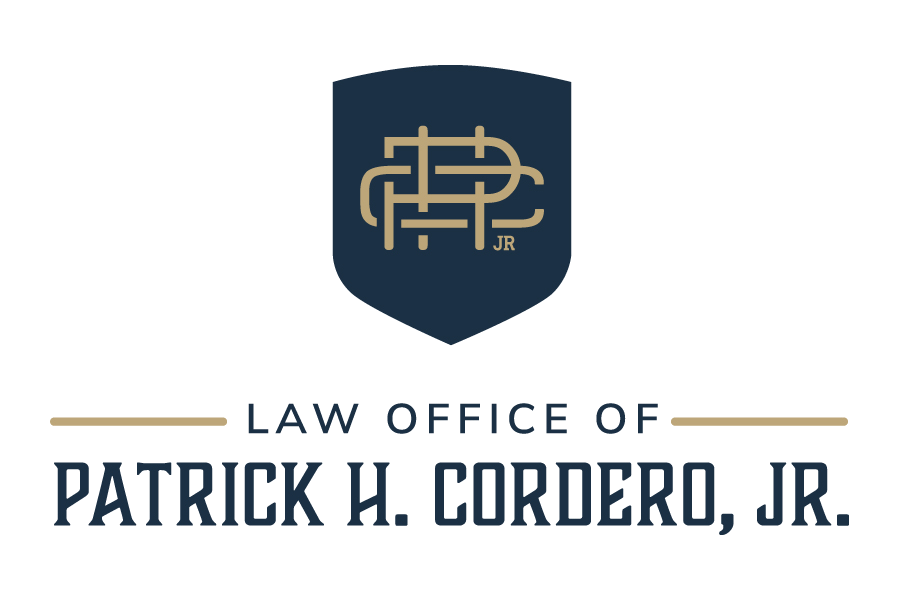What is Joint custody?
Joint physical and legal custody refers to the sharing of a child's health, education, and welfare responsibilities between both parents. There are advantages to joint custody, but it is not for everyone. Both parents may agree on a parenting plan that works for both of them, which makes this arrangement flexible. There are some significant differences between joint physical and legal custody, however. This is it.
When one parent is able to work additional hours and be promoted at work, they may use this time to support their child. In addition, when the two parents share custody, the child will have a more positive relationship with them since they can see both of them at once. With joint custody, both parents may be able to date more easily. A parent with only legal custody may be able to work more hours to help their child, but joint custody might make dating easier for both parents. See additional information.
Because both parents have to spend the same amount of time with their children, joint custody is not ideal. This can lead to conflicting child-care schedules, which can be stressful for the children. If the parents aren't getting along, joint custody might have a negative impact on their children. It will be much more difficult to plan and schedule things if the parents aren't getting along.
A parenting time schedule may be utilized to make joint physical custody work. There are various parenting time schedules available, but this will take into account both parents' work schedules and the child's schedule. The child will be split between the two households, depending on the age of the child. Both parents may spend a significant amount of time with the child in joint physical custody, and this is often the best arrangement for both parties. To determine the best visitation timeshare, use a timeshare calculator. Visit this link.
When it comes to making decisions that are best for your children, both parents must cooperate to create joint physical custody. In order for joint physical custody to work, parents must be able to communicate well, be on the same page, and stay united. It works with nearly any parenting time schedule, but both parents must be interested in parenting. If both parents agree on joint custody, the process of getting a divorce will be much simpler for both parties.
In Beck v. Beck, the New Jersey Supreme Court set the precedent that joint legal custody is the standard by which judges are judged. The objective of joint legal custody is to maintain an equal voice for both parents, including health care, education, and college decisions. Further, joint legal custody grants joint physical custody of minor children. The best arrangement for parents who are raising their children is one in which both parents participate equally. The Court may award joint custody, but it is usually in the best interest of children for both parents to share equal responsibility for them.





